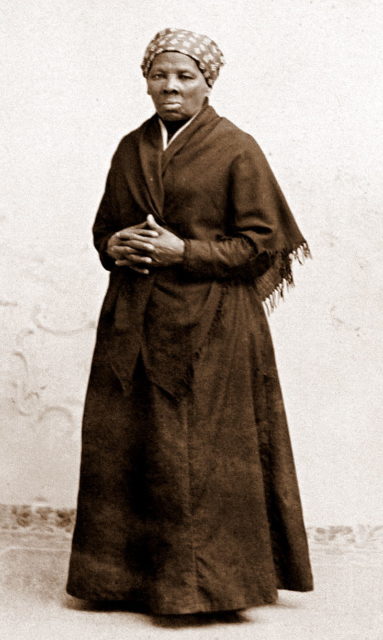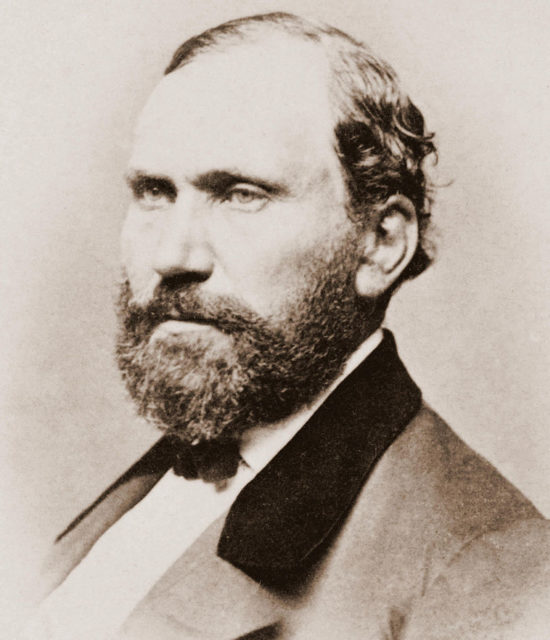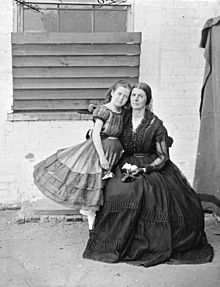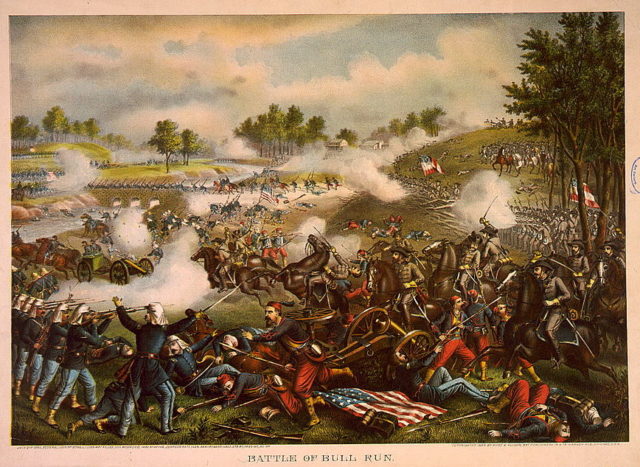The use of spying in the American Civil War was widespread. Neither the North or the South had a centralized agency to handle these matters.
From the beginning, the Confederacy was spying in Washington, D.C. It was pivotal they have spies there, as it was, and still is, the capital. Spies for both sides would provide information, on things like how many troops there were headed in a particular direction and their strength.
Below are the ten things to know about Spies in the American Civil War.
Black Dispatches
Black Dispatch was the nickname used by Union soldiers for African American spies. These spies could be either slaves freed by the Union or those who signed up for the task. It could also apply to slaves the Union came across on the frontline.

Black Dispatches played a pivotal role in the war, often getting information that was behind Confederate lines through various means. They were even able to get into the Confederates “White House,” as President Davis had two Black Dispatches working around him. Notable Black Dispatches include Harriet Tubman, who is well-known mostly for her work with the underground railroad but she also ran intelligence for the Union.
Union “Secret Service”
The Union Secret Service was more of a business than anything else. Detective Allan Pinkerton was asked to get intelligence for General George McClellan in the early part of the war. McClellan was eventually called to Washington, and he took Pinkerton with him to get information from the surrounding areas.

Pinkerton called his intelligence agency the secret service, but it was in no way affiliated with the current secret service, which was formed at the end of the war. When the war started, Generals were responsible for getting their own intelligence, hence why McClellan hired Pinkerton.
Confederate Secret Service Bureau

The Confederate Secret Service, on the other hand, was a government organization. It had its hands in many affairs, one of which was spying. Unfortunately, it will never be known exactly what the Secret Service did as much of their paperwork was burned when the Confederates fled from Richmond in 1865.
Two of the Confederates most famous spies were women, Rose O’Neal Greenhow and Belle Boyd. Ironically, Greenhow was arrested by Pinkerton following a battle early in the Civil War, as he believed she was a spy.
Secret Line
The Secret Line was used by the Confederates. It was a web of couriers and was used to distribute messages from Union areas (mostly Washington) to Virginia. They often changed routes, to ensure they were not followed. It was also used to deliver messages to other offices the Secret Service had internationally, such as Montreal and Europe.
Where did the Union spy?
The Union did not limit themselves in the same way. Union Spies came from everywhere. They even had spies behind enemy lines in the deep South, including some Black Dispatches.
Where did the Confederates spy?
The Confederacy limited themselves on where they were spying; concentrating around the Washington area, they had it locked down. Spies would use the Secret Line to get their information to officials in Virginia. Spying did occur elsewhere, but a heavy emphasis was placed on Washington, D.C., as it was the capital of the Union.
First Battle of Bull Run (July 1861)

Rose O’Neal Greenhow was a driving force behind the spying. She started working for a Union general several months before the Battle. He helped her establish a network of spies while he was part of the Union. He left the Union joining the Confederate States of America’s military. From here, he continued to receive intelligence from Greenhow. In the weeks leading up to the Battle, she delivered vital information to Confederate generals about the impending Union invasion, which allowed the South to be prepared. They went on to win the battle.
Women Spies
As noted, women played a vital role in Civil War spying. Some were big names and figures, while others helped their side win battles. It was not limited to the Confederacy either; the Union also used them. For instance, Elizabeth Van Lew was from Richmond and used her family’s farm for spying. Another woman, Sara Edmonds, dressed as a black slave to get into Confederate base camps.
Disguise
Disguise played a big part in spying, and often spies would dress in an appropriate attire. If they decided to dress in the military uniform for the side they were spying on, and got caught the sentence for this was usually pretty strict. They would probably be killed, typically by hanging.
One instance of a spy dressing up, or rather having someone dress up, goes back to Rose O’ Neal Greenhow. When she was providing information for the Confederates before the first Battle of Bull Run, she had one of her messengers dress up as a farm girl. The plan was she would be able to get through the Union line and into Virginia, and it worked.
Timothy Webster
Webster was the first spy to be executed during the Civil War. One of his first spying missions occurred when he was sent by Allan Pinkerton to Baltimore in 1861, to pose as a Southerner.
He was sent because there were rumblings of a potential assassination attempt on the soon-to-be President, Abraham Lincoln. The future President was to come through the Baltimore area, and Pinkerton wanted more information.
He then continued to spy for the Union but was inevitably caught by the Confederacy. The South had entrusted a lot of information with Webster, so finding out he was a spy was humiliating. He was hung in April 1862.
